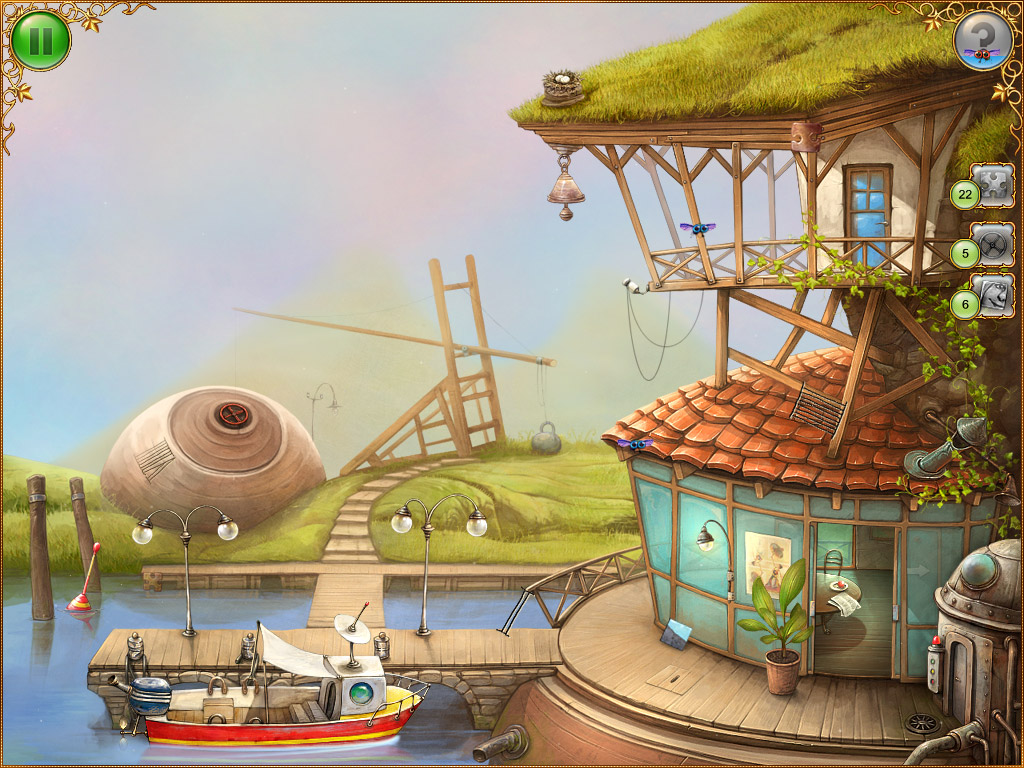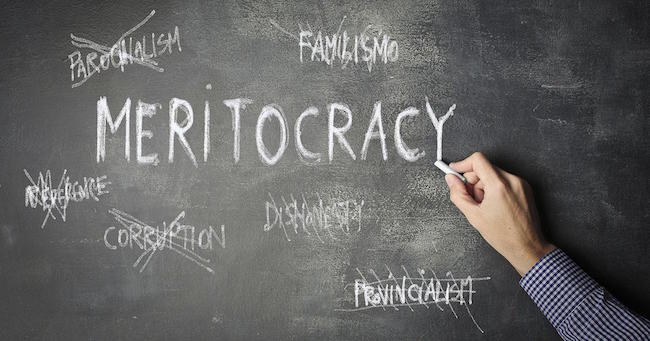When I look at the list of games introduced at this year’s E3, my eyes just sort of glaze over. I don’t care for a lot of the popular AAA games. When I do find a game I love, I often become obsessed with it and play it for hours and hours on end, either to the end or to keep leveling up. But, I can also go for a while without finding anything that really grabs my attention. To me the list just looks like a bunch of overdone FPS games. I know my general lack of enthusiasm for these big AAA games is not necessarily popular, and I know that these games definitely have an audience. But, that audience isn’t me. My purpose in throwing this opinion out there is not to suggest that these games shouldn’t be made or that I think my opinion is so important that everyone should immediately stop making these games and start making the ones I want. Instead, my purpose is to suggest that maybe everyone likes different things and maybe that’s ok.
But, to an extent, my saying “everyone likes different things and maybe that’s ok” closes the door to a lot of real problems with our pop culture in general. Some people feel so threatened by any critique or any suggestion that maybe we could and should change the status quo to involve more diversity, and provide richer, more nuanced narratives. Personally, I love a good narrative in any form, but we see the same homogenous stories in other mediums, as well. (As I’m writing this, I cannot help but equate my feelings about the homogeneity of FPS’s with the same in James Patterson novels.) But, many people love the games (and I suppose James Patterson novels), and that’s fine. What I don’t get is the anger (and the abuse that follows) when someone has a differing opinion.
But, I think a lot of it comes down to defense of privilege. There seems to be a real sense that if we add diverse characters, if we ask for diverse developers, then the status quo will change and those who have enjoyed playing the same game over and over (as a white male character) will have nothing left to enjoy about gaming. It seems like such a ridiculous fear, but yet it’s what I read every day. Today, I was reading Tauriq Moosa’s piece, Colorblind: Witcher 3, Rust, and gaming’s race problem, for which he got so much abuse, he left Twitter. This quote he used from a Steam user really illustrates my frustration:
Writing on Steam, another user said: “I was going to buy RUST today! But I am a white guy and dont [sic] want to take the chance [!] of playing a black character.” Another said this was “forced politics.”
This player doesn’t want to “take the chance of playing a black character.” So, what? Where does that leave gamers who aren’t white men? It just boggles my mind that people can’t see that saying, “I don’t want to play someone who doesn’t represent me” is the same thing many of us are asking for.
Critique and debate help us understand our various viewpoints and unpack the reasons we might view things differently. As a white woman from Texas, I grew up surrounded by many stereotypical views. I know sometimes it can be hard to step back and say, “wait, my experiences and worldview aren’t actually the only way to see/experience things?” I tend to be generous when people take this attitude because I feel it’s often unconscious. But, more and more, I feeling like it’s less unconscious and steams from an unfounded fear that someone might steal whatever privilege you may enjoy and give it to someone else.
This year we do seem to be able to look forward to more female protagonists, and I don’t want to take away from that. If these games incorporate strong, female protagonists in a meaningful way, I might find myself interested in a cookie-cutter FPS. But, even then, it’s unlikely the game will hold my attention for long. I want more games that I can get obsessed with, and for me that means more games where I get to play a character I can relate to, or at least get to know (whether I love or hate the character), and a game experience that goes beyond running and shooting. Games like Life is Strange and State of Decay keep drawing me back in. But, I’m not seeing a lot in the upcoming AAA games, so far. I don’t think cookie-cutter FPS’s are in any danger of going away, and I certainly don’t think that my one opinion should make it so. There is room in gaming for everyone. And, to that Steam user above: it’s not all about you either.





One thought on “Insecurity, Privilege, and the Status Quo”
Don’t forget Don’t Starve drawing you in! I agree Char; I really don’t understand how angry people get when you criticize games. I guess I do get it in a sense– there is a shifting tide where people who always were the default and always had power are seeing it slip away from them. It sucks not having yourself represented on screen in a game. I get why the white RUST guy is angry. But, welcome to the world that the rest of us deal with every single day. We are fighting for diversity in representation because there should not be one type of person who always has the power and always gets to see themselves. Yep, it would suck to suddenly realize that it takes away from a game to not be able to have your gender or race represented. That means all us SJWs were on to something. To me, that’s the beauty of RUST’s move.